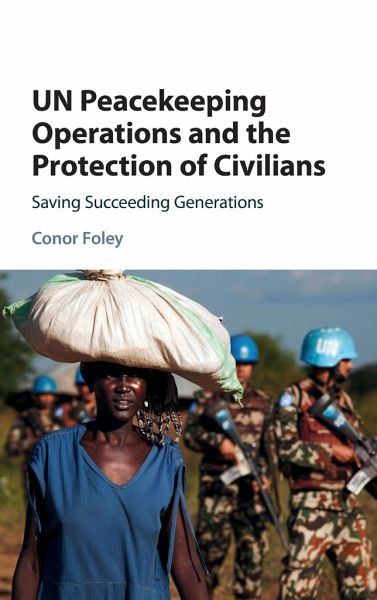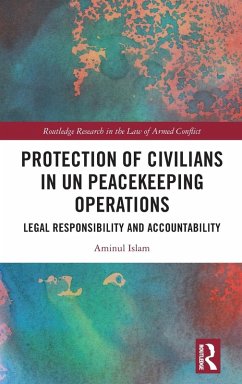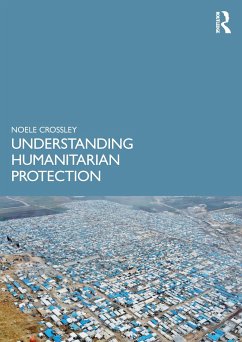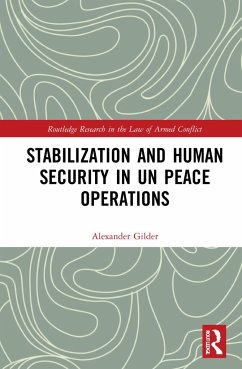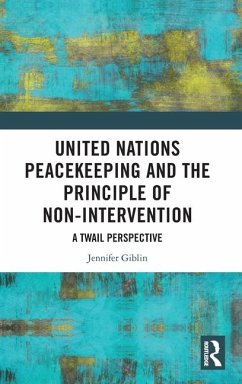Conor Foley has worked on legal reform and protection issues for a variety of United Nations and non-governmental human rights and humanitarian organisations, including the UN Department of Peacekeeping UN Office of the High Commissioner for Human Rights, UN High Commission for Refugees, UN-Habitat, Amnesty International, Cooperative for Assistance and Relief Everywhere (CARE), International Rescue Committee, Oxfam and the Norwegian Refugee Council. He has worked in over twenty-five conflict and post-conflict zones including Aceh, Afghanistan, Angola, Azerbaijan, Albania, Armenia, Bosnia-Herzegovina, Colombia, Cote d'Ivoire, Darfur, Democratic Republic of Congo, Georgia, Indonesia, Kosovo, Liberia, Macedonia, Malawi, Mozambique, Peru, South Sudan, Sri Lanka, Serbia, Tajikistan, Timor Leste, Tunisia, Uganda and Zimbabwe. He is a Visiting Professor at the Pontifícia Universidade Católica do Rio de Janeiro, and his previous books include The Thin Blue Line: How Humanitarianism Went to War (2010), Protecting Brazilians against Torture (2013), Another System Is Possible: Reforming Brazilian Justice, (2012), Human Rights, Human Wrongs: The Alternative Report to the United Nations Human Rights Committee (1995), and Legion of the Rearguard: The IRA and the Modern Irish State (1992).
